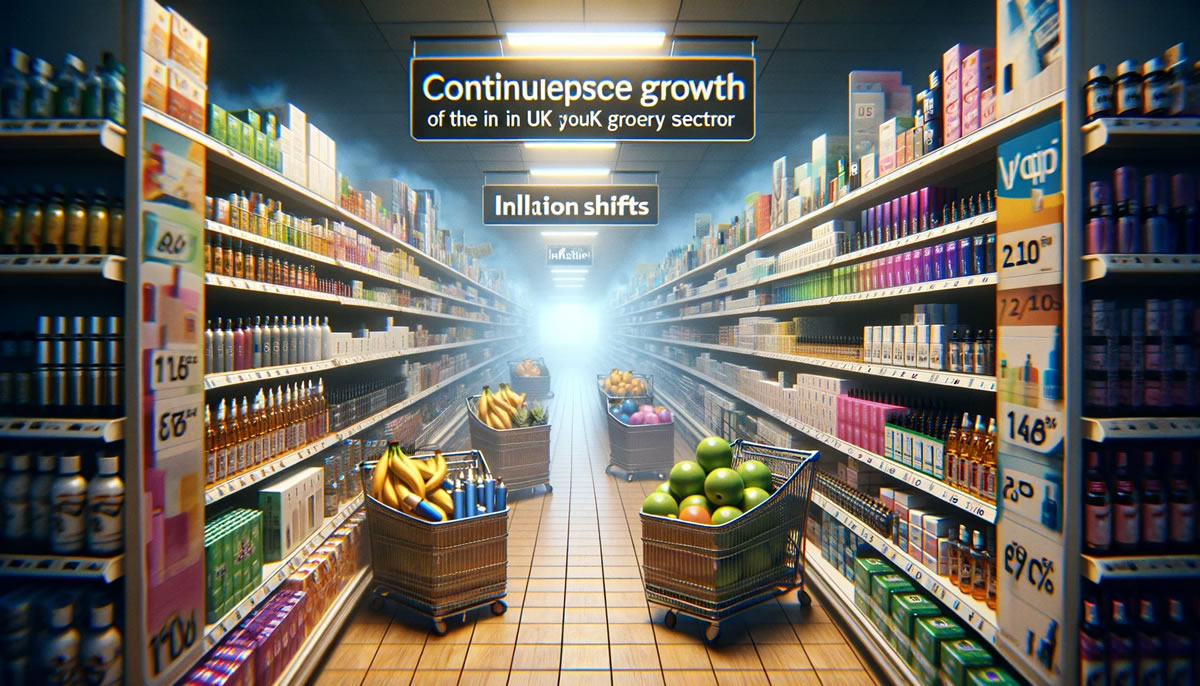Vaping Posts £897 Million Surge As UK's Fastest

For the second straight year, vapes were Britain's fastest expanding retail category according to new data. But runaway success also courts controversy - drawing policymaker scrutiny amid youth access and waste management concerns.
Per NielsenIQ research, vaping delivered seismic £897.4 million value growth over 2022. Disposable brand Lost Mary topped individual gains at £310.6 million, overtaking 2021 star Elf Bars.
"Vaping is a runaway train," said Grocer editor Adam Leyland. "Value sales have more than doubled, but legal pressures mount too."
With volume representation muted by inflation, everyday essentials like fresh meat, milk and cheese still posted material value upside. And while alcohol categories retreated, lockdown-weary Brits indulged on bagged snacks, chocolate and biscuits.
Discounts Loom As Own Label Thrives
Managing director Rachel White said cost-of-living stresses amplified traditional product reliance. Though whether plant-based category declines persist when Veganuary kicks off remains uncertain.
White added that steeper beer, wine and spirit pricing dampened consumption. But small creature comforts retained appeal, with discounting potentially easing price pressures in 2024.
Indeed The Grocer expects lower costs alongside bolstered innovation next year. Currently own-label gains highlight brands' promotional response around persisting inflation though, per Leyland.
So while current dynamics favor retailer power, upcoming easing may rebalance the equation he suggests.
Youth Access And Waste Management Lead Vape Industry Issues
Of course vaping's vertiginous expansion spotlights intensifying debate around appropriate policy settings. With lawmakers targeting cheap, discreet disposables, how to balance adult smoker conversion with youth protection poses a compounding quandary.
Harding contends colorful, candy-like models enable youth nicotine addiction before alleged cessation benefits materialize. And environmentalists cite disposables' mounting plastic and battery waste volumes too.
Though advocates argue prohibition could perversely swell black markets while limiting smokers' reduced harm options. Instead they favor tighter controls on packaging, flavors and sales practices to construct a responsible marketplace.
With research unfolding and divisive viewpoints abundant, consensus remains elusive. Ultimately governments must reconcile consumer dynamics with ethical imperatives in shaping the next generation nicotine landscape.
Vaping's breakneck advance makes it the standout retail growth engine currently. But curbing its threats requires nuanced and adaptive policy leadership amid continually emerging evidence.
